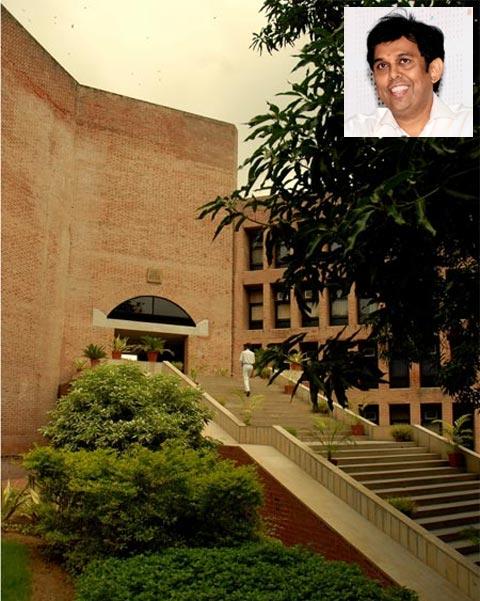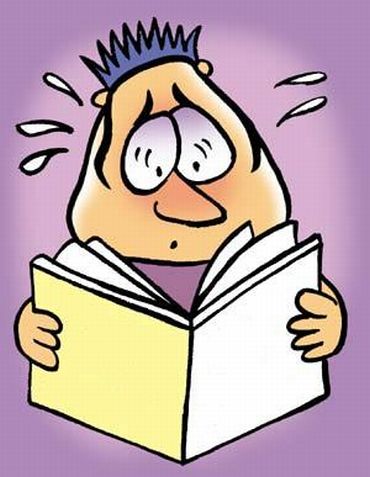Rohit Kumar Singh
Here, Rohit Singh, Secretary, Sports and Youth Affairs, Govt of Rajasthan, India says no matter how bright you are, rejection always hurts. But if one can understand the causes, then it could also be a great lesson
On a hot afternoon, somewhere in the 1980s, I didn't like our postman any bit when I opened the envelope he brought.
I was shocked to read the rejection letter from Indian Institute of Management (IIM) Ahmedabad.
This was my life's first 'NO' from any academic institution.
At the risk of sounding immodest, I had always excelled in academics. Getting into Indian Institute of Technology (IIT) after Class 11 seemed to suggest that I could surpass any test.
Then, a 9.7 GPA in B.Tech further fuelled this infallible feeling.
I was happily cruising through life till I countered that letter of rejection.
When my mother -- an educationist herself, also my friend, philosopher, guide -- saw me crestfallen, she whispered to me: Maybe, you needed this shock. Take stock of things and analyse why you didn't succeed.
ALSO READ IN THIS SERIES
14-hour power cuts didn't dim his IAS dream
The cowherd who learnt to read and operate computers
Please click NEXT to continue reading
I used the word 'freak out' without knowing its real meaning
I did precisely that.
Since my schools were predominantly Hindi medium, spoken English skills needed extra attention.
I recalled that in that ill-fated group discussion for the IIMA, I had not been very articulate.
In fact, a relatively lean English vocabulary had constrained me from speaking even when I had an idea or a thought superior to my fellow participants.
Similarly in the interview, I distinctly recall (even after 25-odd years) that I had used a phrase "freak out" when describing my personality, without actually knowing its real meaning or connotations.
That probably cost me the admission to the institute.
Illustration: Uttam Ghosh
'I decided to focus intensively on the languages and liberal arts'
That summer onwards, I decided to focus intensively on the languages and liberal arts.
Voraciously reading whatever I could lay my hands on --from English newspapers and magazines of all sorts, I read a lot of fiction and even basic books on psychology and sociology.
I started writing and speaking English at the slightest opportunity without the fear of being wrong, be it grammar, choice of words or pronunciation.
Once you stop worrying about what others say, while you are on the learning curve, the ride becomes smooth and easy.
The hard work and reorientation did work. It helped me score well in the GRE thereby enabling a scholarship without which I wouldn't have dreamt of studying in the US.
Later it helped in my Civil Services exam, and even helps me now in my IAS job.
A decade back, I dared to take GMAT and got into the prestigious Harvard University for a Master's programme because of the reading habits that were founded and inculcated then.
Illustration: Uttam Ghosh
'Never give up. Keep trying'
First, there is no substitute for reading, reading and more reading if you want a good expression.
Needless to say, a good expression helps you articulate well and impresses the examiners a great deal.
Second, never look down upon liberal arts or languages.
If you are pursuing Sciences or Engineering, it helps a great deal if you know Liberal Arts as well.
We grew up in times when study disciplines were strictly compartmentalised and we suffered on that account.
I have seen parents pushing the children into Sciences and colluding with them to ignore Arts.
That is not healthy -- both for the individual and for society, and the nation.
Never give up. Keep trying.
Illustration: Uttam Ghosh





Comment
article